Living off the grid offers a path to true freedom and self-reliance. It’s about producing your own energy and cutting ties with big utility companies. But navigating the world of renewable energy for off-grid living can be challenging.
We’ve gathered game-changing alternative energy sources perfect for off-grid homes and remote locations. These options were chosen for their effectiveness and practicality in helping you achieve energy independence.
Each source on this list was selected based on its ability to provide reliable power while being accessible and sustainable for off-grid living.
1. Solar Panels

Solar energy is a popular choice for off-grid living due to its low maintenance and long lifespan, providing a reliable energy source for off-grid homes. While solar panels are becoming more affordable, the initial installation cost can still be significant.
For those living in remote areas, solar panels offer a practical way to power homes without relying on traditional power. However, it’s essential to invest in a suitable energy storage system to maximize their effectiveness, especially when sunlight is limited.
2. Wind Turbines

Wind turbines can be an excellent source of off-grid energy, particularly in areas with consistent wind patterns. These systems provide clean energy even on cloudy days, but they can be costly and require regular maintenance. Additionally, their effectiveness depends on location-specific factors like wind availability, turbine height, and potential noise.
3. Hydro Power
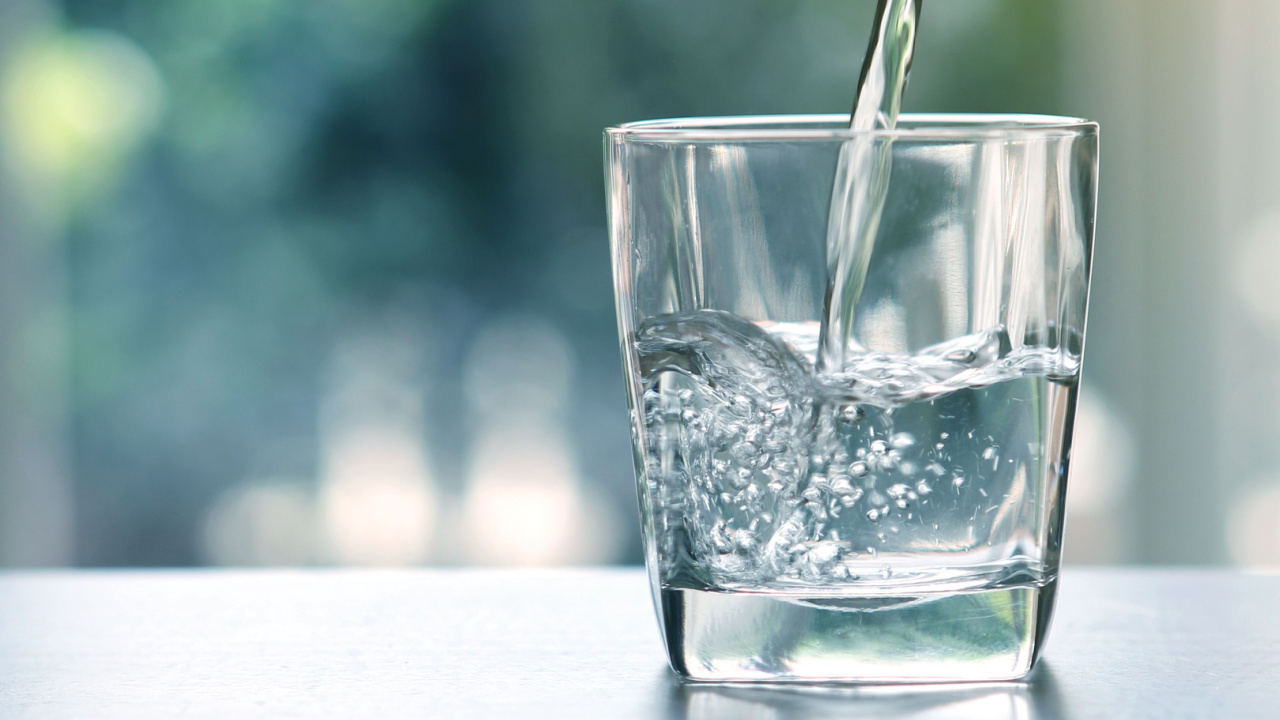
Hydro systems tap into the power of flowing water to generate electricity, making them a reliable and eco-friendly energy source with a steady flow for homes near streams or rivers.
However, it’s worth noting that installation costs can be high, and the efficiency of these systems can be affected by environmental factors like droughts or floods.
4. Geothermal Energy
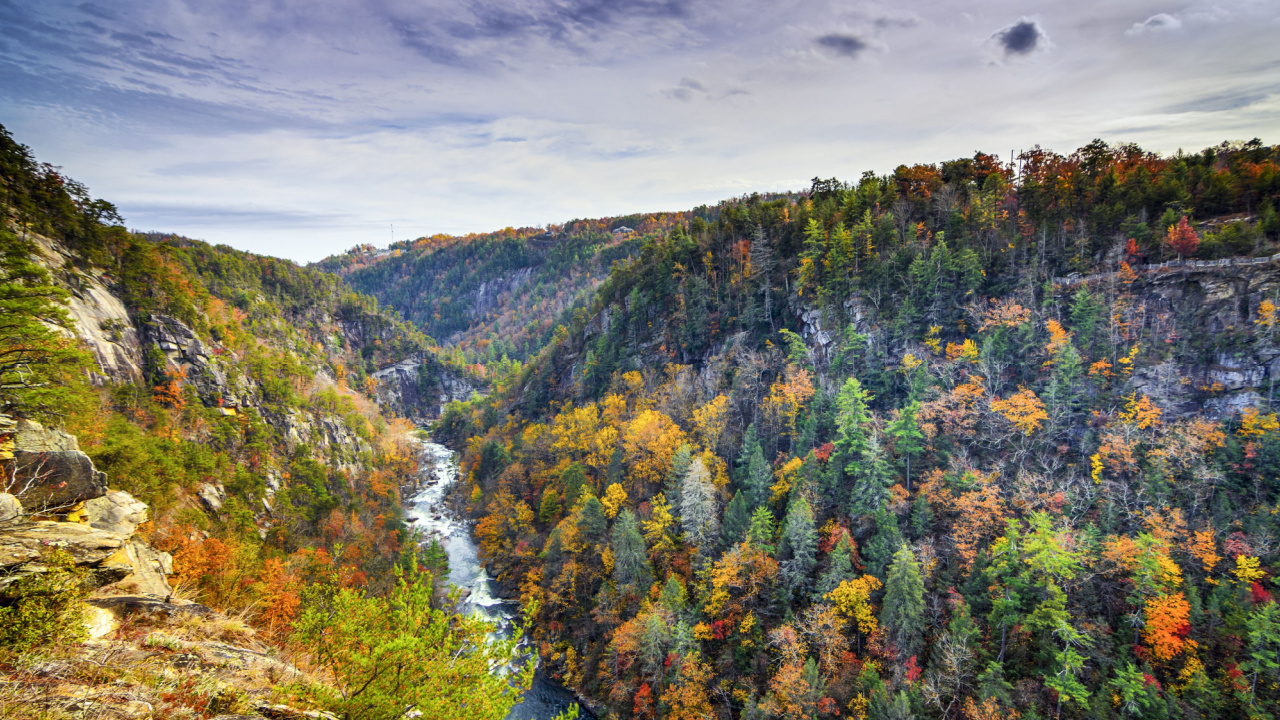
Geothermal energy harnesses the natural heat from the Earth’s core to generate electricity, making it a renewable and sustainable energy source.
While this option may only be available in some places, it can provide consistent and reliable power for homes in certain areas.
Still, installation costs are expensive, so it may only suit some budgets.
5. Batteries and Energy Storage

The popularity of batteries and energy storage systems is increasing, providing a solution to storing extra energy from renewable sources.
This stored energy is used during peak hours or when there’s not enough sunlight or wind to generate electricity, making better use of renewable energy resources.
6. Biomass Energy
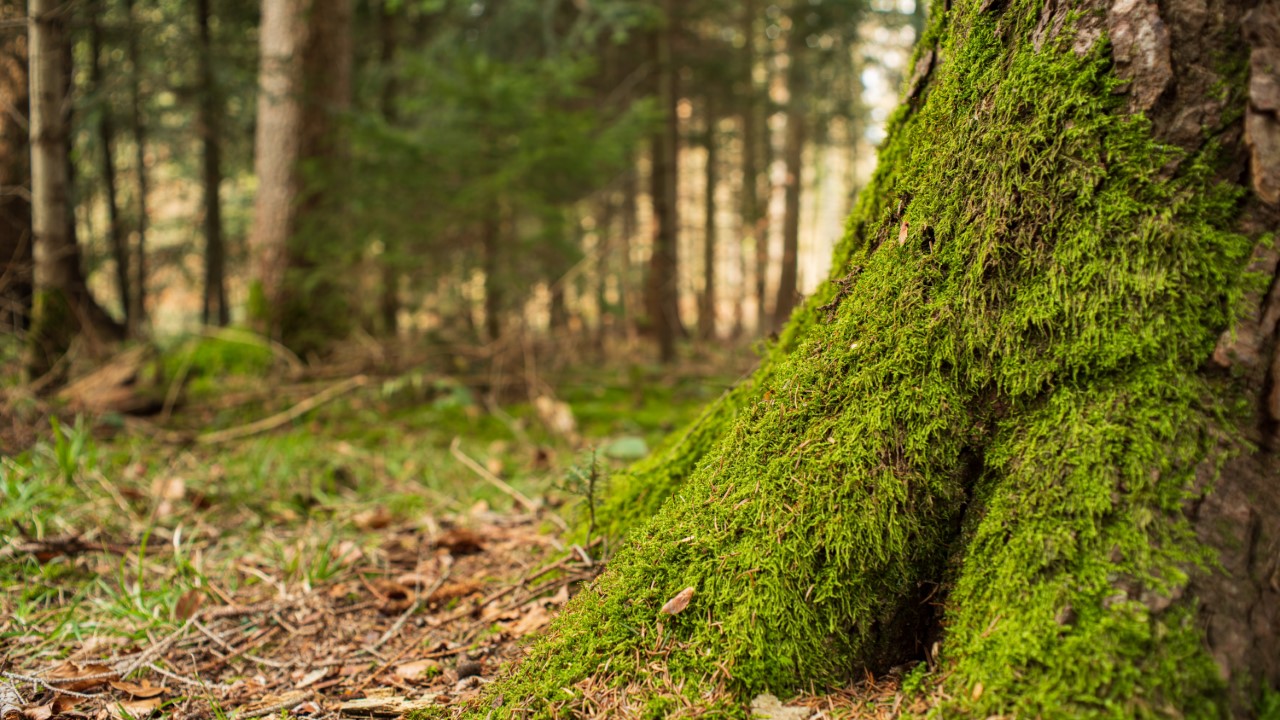
Biomass energy involves converting materials, such as wood and waste products, into usable energy sources. Biomass can be produced from various sources, making it a flexible option for different regions. However, sustainability concerns and potential competition with food production should be considered, particularly if biomass sources are not managed responsibly.
7. Wood

While wood may not be your typical power source, it’s a great way to heat your home, cook meals, and dry your clothes.
Plus, using wood helps reduce your dependence on other energy systems.
Wood is renewable because you can replant trees for future use, and it’s important to manage and source wood responsibly for long-term sustainability.
8. Human Energy

Using a hand-crank or pedal-powered generator, you can convert your human energy into usable power, making it an excellent option for off-grid situations or as an emergency backup in case of power outages.
However, this method may not be sustainable for long periods and probably will need other energy sources to supplement it.
9.Generator Power

Generator power is a popular choice for off-grid living, providing reliable electricity when solar or wind sources aren’t available.
Generators run on gasoline, diesel, propane, or natural gas, so it’s important to consider the ongoing fuel costs, potential noise, greenhouse gas emissions, and the need for regular maintenance.
10. Wave Energy

Wave energy, also called ocean or tidal energy, taps into the power of waves and tides to generate electricity for those living in coastal areas. However, it’s not a viable option for landlocked regions. Wave energy technology is still in its early stages, and the cost of setup and maintenance can be quite high.
11. Power Inverters
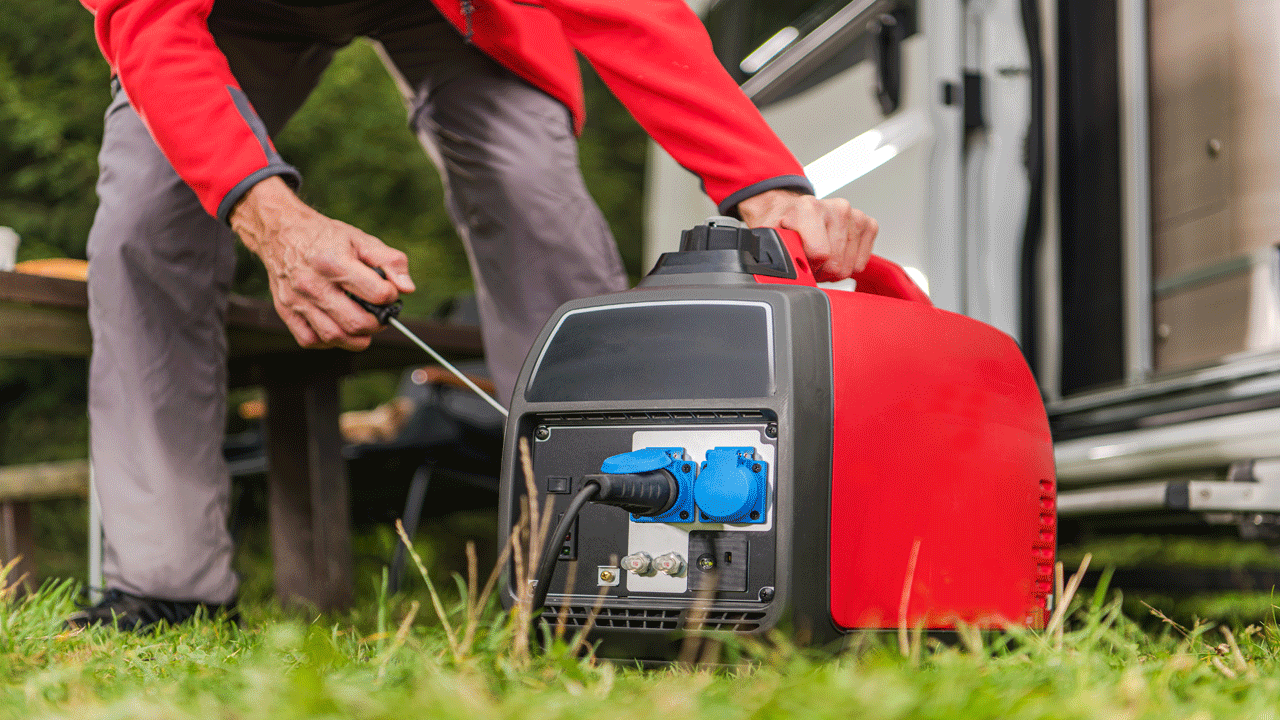
If you’re into off-grid living, consider using automobile power inverters as alternative energy sources.
Power Inverters convert DC electricity from your car battery into AC electricity, perfect for charging small electronic devices or running low-wattage appliances.
While it’s not a sustainable long-term solution, relying on your car battery can be a great option if you’re already driving and want to rely less on other energy sources.
12. Hybrid System

For off-grid living, a hybrid system is an alternative energy option that combines solar and wind power for a consistent and reliable energy supply.
Multiple sources ensure your power needs are met, even on cloudy or still days, but setting up a hybrid system may require more significant investment and planning.
13. Solar Water Heating

Solar water heating systems use energy from the sun to heat water for household use.
There are two types of solar water heating systems: active and passive.
Active systems use pumps to circulate water through collectors, while passive systems rely on gravity and natural convection.
Regardless of the type, both can significantly reduce your energy bills and positively impact the environment.
14. Biofuels

Biofuels are a renewable energy source made from organic materials like plants and waste. With a biodigester, you can convert food scraps and other organic waste into fuel for cooking or heating. This innovative process helps the environment and makes the most of available resources, though its practicality and availability may vary depending on location and infrastructure.
38 Things Every Prepper Should Stockpile That Aren’t Water, Food, or Weapons

This list extends beyond the basic survival trio of water, food, and weapons. It’s a given that we need to stock up on water, food, and a way to defend ourselves and what we have. But what other things will you need in a survival situation? None of us truly knows what TEOTWAWKI will really look like, although most of us have theories we think most likely. But whatever the situation is, there are certain supplies that it just makes sense to have on hand, aside from the obvious trio I mentioned above.
23 Riskiest Cities To Be During a Power Grid Collapse

In a world where the stability of our power grid is increasingly under threat, knowing which urban areas to avoid during a blackout is crucial for any serious prepper. And which areas to escape as quickly as possible. When you’re making your survival plans, keep in mind that these are the places you don’t want to be.
Best Regions in the U.S. to Escape to When Society Collapses
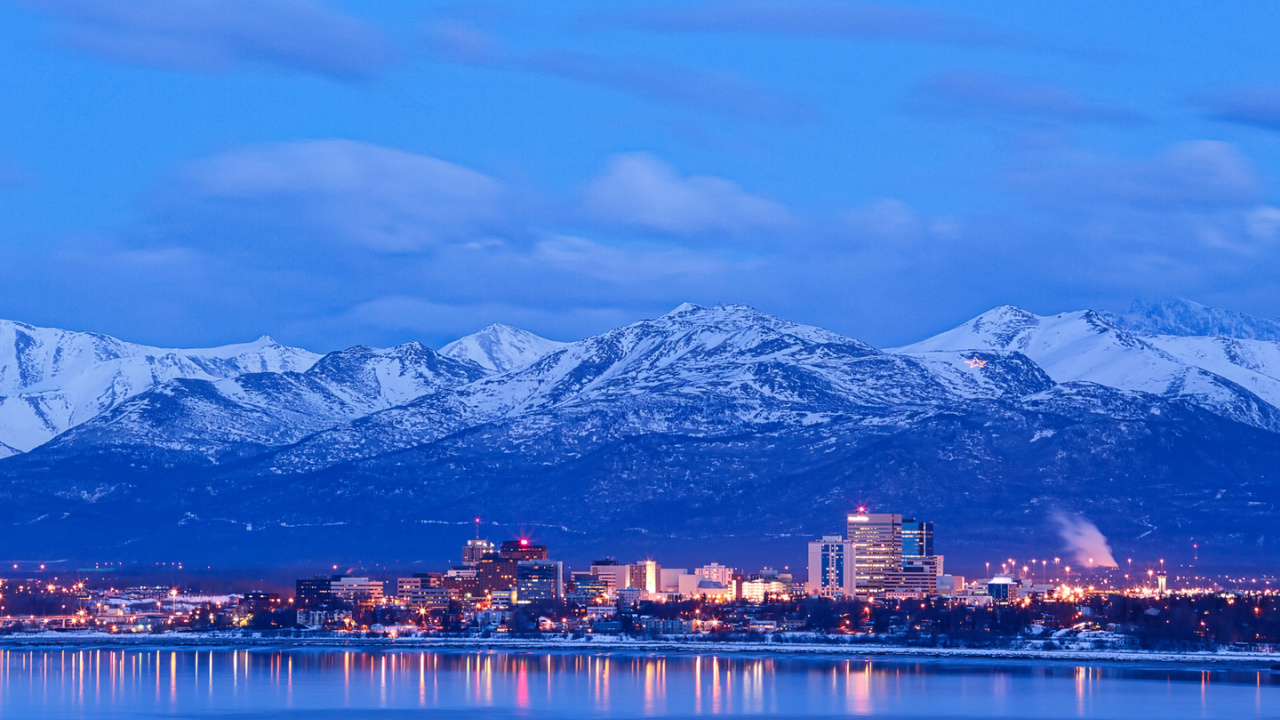
Choosing a refuge in the event of societal collapse involves weighing the pros and cons of each location against your personal preparedness goals and abilities. Whether you’re drawn to the solitude of the desert or the protective heights of the mountains, the key is finding a place that offers safety and the opportunity for growth and renewal.
Becky is a wildlife enthusiast and pet and livestock care expert with a diploma in canine nutrition. With over a decade of experience in animal welfare, Becky lends her expertise to Simple Family Preparedness through insightful info about pets, livestock, bee keeping, and the practicalities of homesteading.

